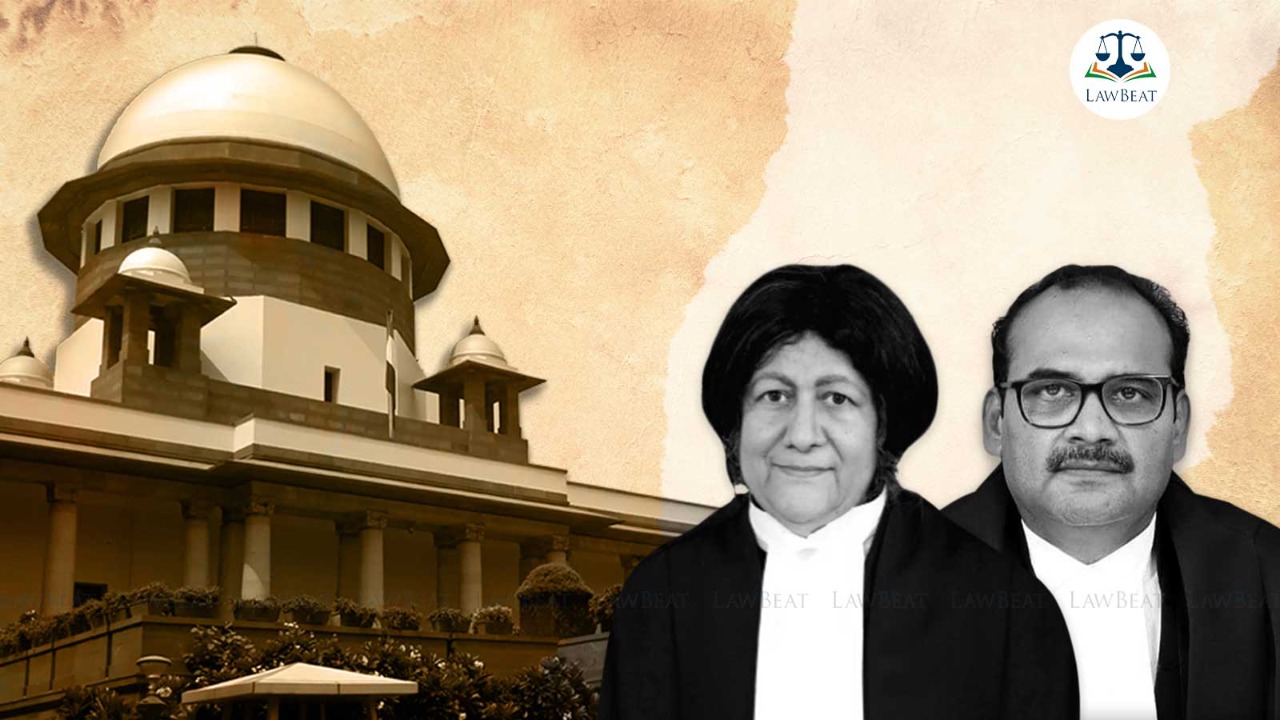IBC does not aim to penalize solvent companies temporarily defaulting in repayment of its financial debts, remarks Top Court

Top Court has distinguished between the similarly worded Section 7(5)(a) of the IBC and Sub-Section (5) of Section 9 dealing with initiation of CIRP by financial creditors and operational creditors, holding that use of words ‘may’ and ‘shall’ in the two provisions are intended to convey a different meaning
The Supreme Court, while distinguishing between the nature of debt given by a Financial Creditor and Operational Creditor, has held that the Insolvency and Bankruptcy Code (IBC) certainly does not aim to penalize solvent companies, temporarily defaulting in repayment of its financial debts, by initiation of Corporate Insolvency Resolution Process (CIRP).
With this view, Court has delved into the legislative intent behind the use of the word 'may' in Section 7(5)(a) of the IBC and the word ‘shall’ in Sub-Section (5) of Section 9.
"Significantly, Legislature has in its wisdom used the word ‘may’ in Section 7(5)(a) of the IBC in respect of an application for CIRP initiated by a financial creditor against a Corporate Debtor but has used the expression ‘shall’ in the otherwise almost identical provision of Section 9(5) of the IBC relating to the initiation of CIRP by an Operational Creditor", a bench of Justice Indira Banerjee and Justice JK Maheshwari has held.
Top Court added that the conscious use of different words, in the otherwise almost identical provisions showed that ‘may’ and ‘shall’ in the two provisions are intended to convey a different meaning.
"It is apparent that Legislature intended Section 9(5)(a) of the IBC to be mandatory and Section 7(5)(a) of the IBC to be discretionary. An application of an Operational Creditor for initiation of CIRP under Section 9(2) of the IBC is mandatorily required to be admitted if the application is complete in all respects and in compliance of the requisites of the IBC and the rules and regulations thereunder, there is no payment of the unpaid operational debt, if notices for payment or the invoice has been delivered to the Corporate Debtor by the Operational Creditor and no notice of dispute has been received by the Operational Creditor. The IBC does not countenance dishonesty or deliberate failure to repay the dues of an operational creditor", the division bench held.
Noting that there is an innate difference between Financial Creditors, in the business of investment and financing, and Operational Creditors in the business of supply of goods and services, Court added,
"Financial credit is usually secured and of much longer duration. Such credits, which are often long term credits, on which the operation of the Corporate Debtor depends, cannot be equated to operational debts which are usually unsecured, of a shorter duration and of lesser amount. The financial strength and nature of business of a Financial Creditor cannot be compared with 29 that of an Operational Creditor, engaged in supply of goods and services. The impact of the non-payment of admitted dues could be far more serious on an Operational Creditor than on a financial creditor."
Top Court made these observations while allowing an appeal filed by Vidharba Industries challenging an order of the NCLT, confirmed by the NCLAT, allowing initiation of CIRP by Axis Bank Limited against it under Section 7 of the IBC.
Referring to the flexibility in case of financial debt, the top Court has held that NCLT has been conferred the discretion to admit the application of the Financial Creditor, if facts and circumstances so warrant, and it can also keep the admission in abeyance or even reject the application.
However, the bench clarified that in case of rejection of an application, the Financial Creditor is not denuded of the right to apply afresh for initiation of CIRP, if its dues continue to remain unpaid.
Case Title: VIDARBHA INDUSTRIES POWER LIMITED vs. AXIS BANK LIMITED
